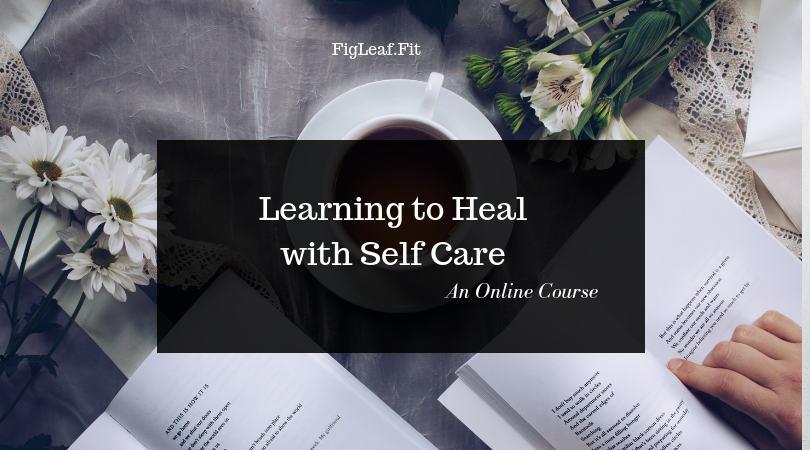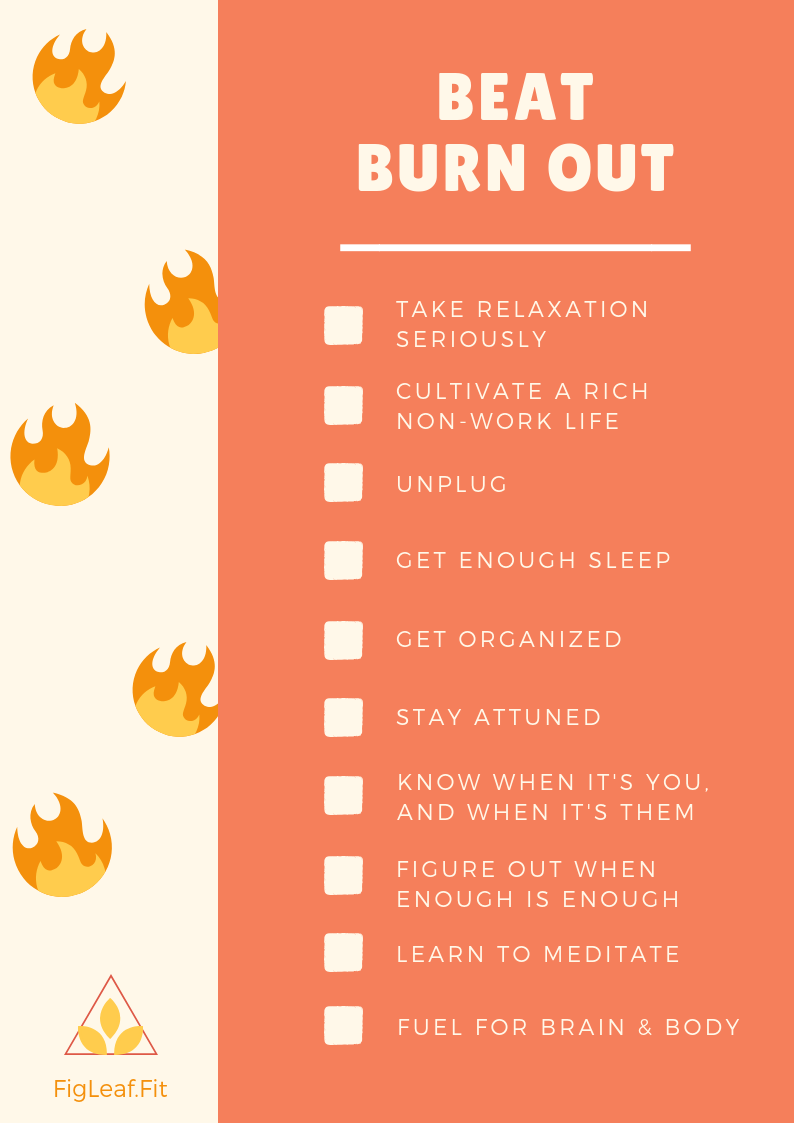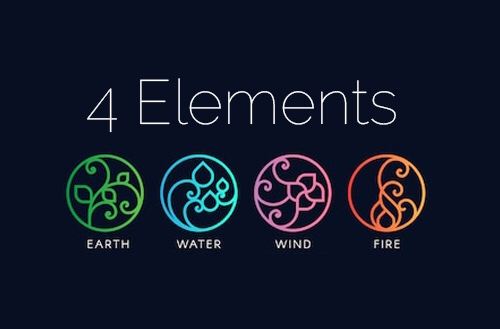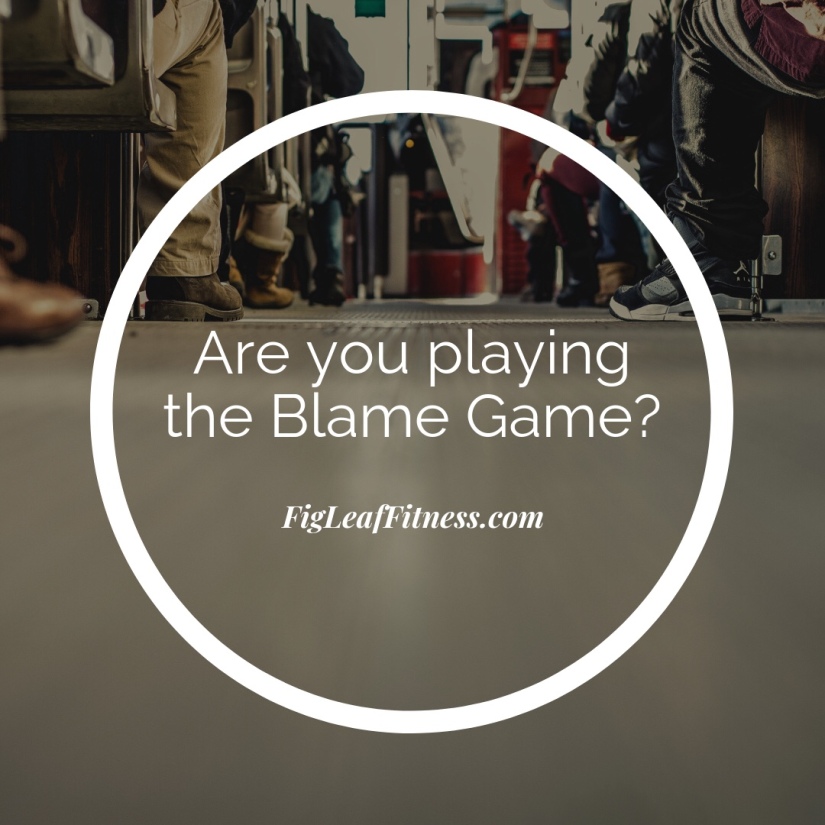10 Signs You’re Burning Out —
And What To Do About It
What Exactly Is Burnout?
Many millennial women are experiencing job burnout before they even turn 30. The American Psychological Association’s David Ballard, PsyD describes job burnout as “an extended period of time where someone experiences exhaustion and a lack of interest in things, resulting in a decline in their job performance.”
“A lot of burnout really has to do with experiencing chronic stress,” says Dr. Ballard, who is the head of the APA’s Psychologically Healthy Workplace Program. “In those situations, the demands being placed on you exceed the resources you have available to deal with the stressors.”
Left unchecked, burnout can wreak havoc on your health, happiness, relationships and job performance. In order to catch burnout and combat it early, it’s important to know what to look out for.

Dr. Ballard let us in on 10 signs you may be experiencing burnout:
- Exhaustion
A clear sign of burnout is when you feel tired all the time. Exhaustion can be emotional, mental or physical. It’s the sense of not having any energy, of being completely spent.
- Lack of Motivation
When you don’t feel enthusiastic about anything anymore or you no longer have that internal motivation for your work, there’s a good chance you’re experiencing burnout. Other ways this manifests? It may be harder to get going in the morning and more difficult to drag yourself into work every day.
- Frustration, Cynicism and Other Negative Emotions
You may feel like what you’re doing doesn’t matter that much anymore, or you may be disillusioned with everything. You might notice that you feel more generally pessimistic than you used to. While everybody experiences some negative emotions from time to time, it’s important to know when these are becoming unusual for you.
- Cognitive Problems
Burnout and chronic stress may interfere with your ability to pay attention or concentrate. When we’re stressed, our attention narrows to focus on the negative element that we perceive as a threat. In the short term, this helps us deal with the problem at hand, Dr. Ballard says, “but our bodies and brains are designed to handle this in short bursts and then return to normal functioning. When stress becomes chronic, this narrow focus continues for a long time and we have difficulty paying attention to other things.”
This “fight or flight” tunnel vision can negatively affect your ability to solve problems or make decisions. You might find that you’re more forgetful and have a harder time remembering things.
- Slipping Job Performance
Not sure whether you’re burnt out? Compare your job performance now to your performance in previous years. Because burnout tends to happen over an extended period of time, taking this long-term view might reveal whether you’re in a temporary slump or experiencing more chronic burnout.
- Interpersonal Problems at Home and at Work
This tends to play out in one of two ways: (a) You’re having more conflicts with other people, such as getting into arguments, or (b) you withdraw, talking to your coworkers and family members less. You might find that even when you’re physically there, you’re tuned out.
- Not Taking Care of Yourself
When suffering from burnout, some people engage in unhealthy coping strategies like drinking too much, smoking, being too sedentary, eating too much junk food, not eating enough or not getting enough sleep. Self-medication is another issue and could include relying on sleeping pills to sleep, drinking more alcohol at the end of the day to de-stress or even drinking more coffee to summon up the energy to drag yourself into work in the morning.

- Being Preoccupied With Work … When You’re Not at Work
Even though you might not be working at a given moment, if you’re expending mental energy mulling over your job, then your work is interfering with your ability to recover from the stresses of your day. In order to recover, you need time to yourself after the actual task stops … and time when you stop thinking about that task altogether.
- Generally Decreased Satisfaction
This is the tendency to feel less happy and satisfied with your career and with your home life. You might feel dissatisfied or even stuck when it comes to whatever is going on at home, in the community or with your social activities, Dr. Ballard says.
- Health Problems
Over a long period of time, serious chronic stress can create real health problems like digestive issues, heart disease, depression and obesity.
What You Should Do To Improve:

1. Take Relaxation Seriously
Whether you take up meditation, listening to music, reading a book, taking a walk or visiting with friends and family, truly think about what you’ll do to relax, and designate time for it.
2. Cultivate a Rich Non-Work Life
Find something outside of work that you are passionate about that’s challenging, engaging and really gets you going—whether a hobby, sports or fitness activities or volunteering in the community (along with other items we mention here, like relaxation, being able to “turn off” and participating in rewarding non-work activities).
3. Unplug
While communication technology can promote productivity, it can also allow work stressors seep into family time, vacation and social activities. Set boundaries by turning off cell phones at dinner and delegating certain times to check email.
4. Get Enough Sleep
Research suggests that having fewer than six hours of sleep per night is a major risk factor for burnout, not least because poor sleep can have negative effects on your job performance and productivity. It can lead to fatigue, decrease your motivation, make you more sensitive to stressful events, impair your mental function, leave you more susceptible to errors and make it harder to juggle competing demands. The reverse is true, too: We’ve seen that sleep can actually improve your memory.
Recovering from chronic stress and burnout requires removing or reducing the demands on you and replenishing your resources. Sleep is one strategy for replenishing those resources. For inspiration, check out our tips to get better sleep.
5. Get Organized
Often, when people are burnt out, they spend a lot of time worrying that they’ll forget to do something or that something important is going to slip through the cracks. Get organized, clear your head, put together a to-do list (or an electronic task list) then prioritize. That way, you don’t have to keep thinking about those things because you’ll have systems in place to remind you.
6. Stay Attuned
It’s important to tune into the precursors of those conditions, physical signs that you might be under too much stress: more headaches, tight shoulders, a stiff neck or more frequent stomach upset. In terms of mental health, burnout affects depression, and if you’re depressed, that can also affect your level of burnout—it goes both ways. So, if the issues you’re struggling with are really serious and getting worse, you may need to seek professional help. Talk to a psychologist to get help beyond support from just your friends and family members.
7. Know When It’s You, and When It’s Them
Burnout is sometimes motivated by internal factors, Dr. Ballard says, and sometimes it really is a symptom of external ones. In the first case, you’ll need to ask yourself, “Where is this coming from?” so you can figure out what’s stressing you out, and how to maintain your internal resources to keep yourself motivated, doing your best work and functioning well.
Some burnout really is the fault of work. “In a survey we did in 2011, more than two-thirds of respondents said that their employers had taken steps to cut costs as a result of the recession,” like hiring freezes, layoffs, cutting work hours, rolling back benefits, requiring unpaid days off, increasing hours, etc. All that increases demands on workers,” he says. “Those are the two components that play into burnout: There are more demands and fewer resources.” To find out whether it’s time to move on, figure out whether your position is a “mismatch between your needs and what you’re getting working for that particular organization.”
8. Figure Out When Enough Is Enough
Consider talking to your manager or HR about EAP services, mental health benefits or stress management training—or at least about how to improve communication and create a better, more positive work environment. Angle the conversation about how those cultural shifts will enable you to continue to serve the company and become an even better employee.
“I do think there are times when, no matter what you try to do, the organization is unable or unwilling to make those changes,” Dr. Ballard says, “and in those cases, it is just time to move on.”
Original Post : https://www.forbes.com/sites/learnvest/2013/04/01/10-signs-youre-burning-out-and-what-to-do-about-it/#4d9a2081625b
By Lisa M. Gerry
Graphics by Izzy Nalley, FigLeaf.Fit





















